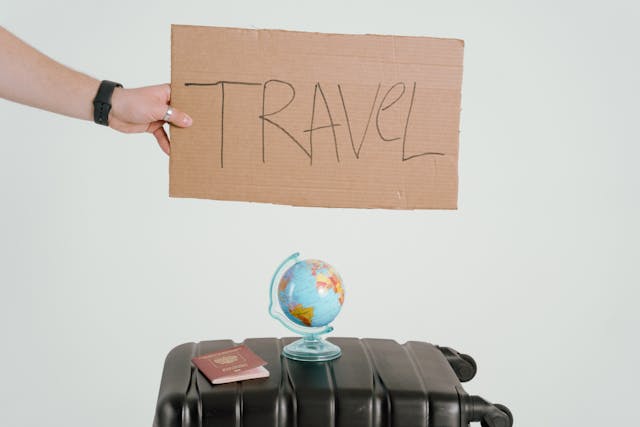Unfortunately, travel insurance is an additional but important expense. It helps you cover unforeseen situations such as flight cancellations, lost belongings, and medical costs. However, it can be difficult to choose the best policy. Sometimes the details are so intricate that they can compromise your claims if the situation calls for it. To guide you, here are five travel insurance small print that you should know about.
1. No claims for undisclosed medical history
If you have medical conditions, it is important to disclose this information to your insurance agent. But you have to expect an increase in the cost of the insurance coverage once they know about your health problems. It is one of the reasons some travelers choose to hide their pre-existing conditions. However, failure to give your medical history to your insurance company may result in your claims being denied. If possible, disclose every detail about your health. Your policy will cover your medical expenses if something happens to you while you are travelling.
2. los coverR Properties
Be careful to check the insurance fine print and make sure that the policy you choose covers lost or stolen property. It is especially useful if you are traveling with a large amount of money. Many travel insurance policies only cover money that is lost, stolen, or accidentally lost. There is also coverage for lost or misplaced cash kept in your room safe.
3. Look at the limits of politics
It’s heartbreaking to find out your policy has no coverage when you want to claim some cash for stolen or lost items. Your insurance becomes useless if you cannot benefit from it. To avoid wasting it, read the travel insurance fine print, and check the policy limit. Find out how much you can claim for cancellation, lost baggage and lost cash. It is important to play it safe. Otherwise, you may be surprised to see unexpected bills on your doorstep.
4. No over coverageH a period
Another surprising thing about the travel insurance small print is that there is no coverage if you make a claim after this period. Even if it’s just one day, your insurance company won’t pay claims for any overtime. To prevent this from happening, check how many days your chosen policy will cover while traveling abroad before making your purchase. Policy limits vary from company to company, so make sure you have the information you need.
5. Not every insurance policy covers all destinations
surprised? do not be. Some small print may reveal that some travel destinations are not covered. Before purchasing an insurance policy, make sure it covers your destination. Countries such as the United States, Canada, Turkey, the Canary Islands, and the Caribbean may have different coverage that is not included in your preferred policy. Check this out first to avoid huge expenses after your travel.
away
Here you are. After weeks of planning for the long-awaited travel, you have already booked the flight and bought the tickets. Sexy, isn’t it? Once you have made your reservation, the next step is to purchase travel insurance coverage.
Now, you might choose the cheapest policy because you think that’s the easiest way out. but not. Choosing the most affordable travel insurance is not ideal. You should look at the small print carefully and make sure that your document provides the protection it needs.










